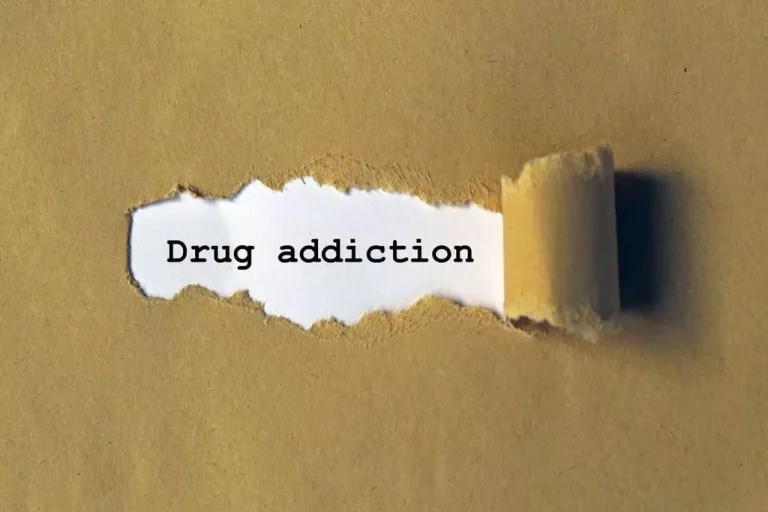
With further treatment and dedication, you can maintain sobriety. When we think about a relapse, we tend to think about it as sudden, unexpected, and all at once. In reality, it’s likely a gradual progression for most people, and there are typically three stages of relapse. Relapse isn’t just the event of going back to alcohol.
- Non-alcoholic beers and wines are getting better and better.
- Giving up booze is constantly framed as being hard or weird or suggestive of an illness.
- The question of whether alcoholics can ever drink again is a deeply personal and complex one, with no definitive answer that applies to everyone.
- The exploration of whether an alcoholic can ever drink again is nuanced, reflecting the individual differences in the experience and management of addiction and recovery.
- In fact, you haven’t had a drink in months or maybe even years.
Two Independents to sit at cabinet as new government agreed, while Healy-Raes expected to give support after talks
- Whether or not you should return to treatment will depend on the severity of your lapse and the circumstances surrounding it.
- Explain what addiction feels like until she finally realizes that she will never fully understand, and that seems to free her to love and support me even more.
- During sixth form and my time at university, the amount you could drink was worn as a badge of honour.
- As you likely know, alcohol can do a number on your brain, your liver, and your judgment.
National Institute on Drug Abuse (NIDA) statistics find that 40 to 60 percent of people with a substance use disorder, including alcohol, relapse at least once. An early study by the NIAAA found that up to 90 percent of those with an alcohol use disorder relapsed at least once in the first four years after treatment. If someone tells you that it’s fine for recovering alcoholics to drink in moderation, consider why this person is telling you this information. Are they a well-meaning friend who doesn’t really understand alcoholism and everything you’ve been through? Maybe they want to have a fun night out with you — like you used to have with them before you got sober. This person likely misses the camaraderie you used to have when alcohol was involved; they probably do not care whether you actually drink.
Arguments for and Against Allowing Alcoholics to Drink in Moderation
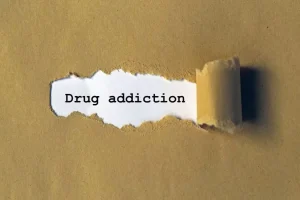
We certainly need to learn more about what factors protect such people from relapse, and what factors predispose them to returning to addictive use. Of course, there are many people with 10, 20, 30, or even 40 years of abstinence. Does the relapse rate stay low, or does the relapse rate bump up later? The number of people with long-term sobriety who are subject to this type of research is very small.
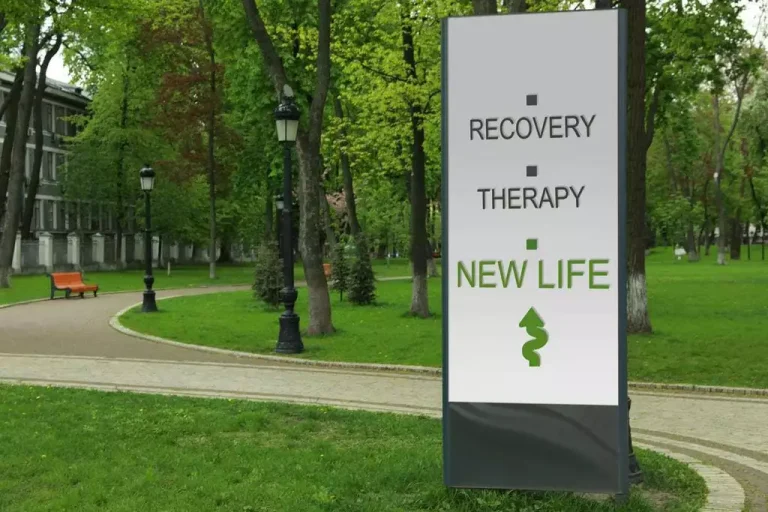
What Are the Legal Consequences of Alcohol Abuse?
People want a reason why you’re not drinking and, if it’s not strong enough, many of them will try to persuade you to “just have one or two”. My biggest motivation for cutting out alcohol was the impact this had on my mood. As I grew a bit older, the days after drinking started to feel unfamiliarly grey, and I hated how sluggish I felt. I develop a Relapse Prevention Plan which proves to be so important. Pushes me to put into words the naked truth about me as a drinker. I tweak it to make it a truer reflection of my present place and purpose.
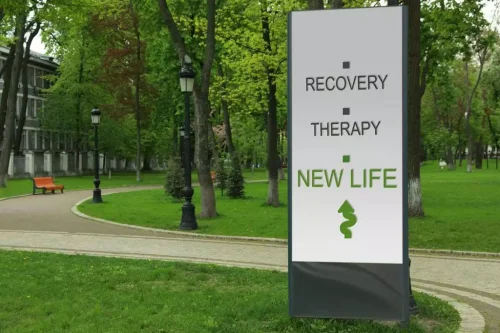
In retrospect, a 2-drink limit alcoholism symptoms on an overnight alone is downright cute. I mean, I’m staring at hours of blissful alone time. I put up a front of confident self-restraint all morning, even as the tiny voice inside laughs and knows what is to come. By midnight, the counter is littered with empty beer cans, scotch nips, a pinot grigio bottle.
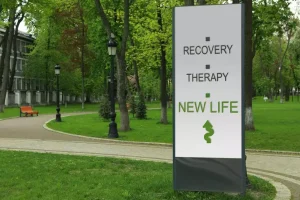
They debate if they can drink casually after spending time away from alcohol. Casual drinking is impossible for someone who has an alcohol use disorder (AUD) because alcoholism reactivates cravings and makes it difficult to avoid old drinking habits. For people in recovery, it is impossible to reintroduce alcohol into their new lifestyle, as they could only achieve stability once they stopped drinking. Relapse can occur at any stage of the recovery process.
Bipolar Triggers: What Sets the Condition Off?
When celebrity chef and presenter Briony May Williams had a health scare last year, she decided it was time to make a major change. The Great British Bake Off star from Bristol tells the BBC about her experience of going alcohol free. This is the most surprising element in these first days. I have used alcohol for decades to mask or manipulate my emotions. Now, with the booze gone, they appear at unpredictable times, and engulf me. But, I strive to be more mindful and eventually can watch my emotions pass as clouds in the sky, rather than as storms I need to shelter from or trudge through.
For some, this approach represents a more flexible and potentially realistic goal, especially for those not fully committed to lifelong abstinence. Psychologically, individuals with mental health disorders such drinking again after sobriety as depression, anxiety, and post-traumatic stress disorder (PTSD) are at higher risk of developing alcoholism. Alcohol may initially serve as a self-medication mechanism, providing temporary relief from symptoms, but ultimately leading to dependency. The journey into alcoholism is seldom a linear path but rather a confluence of various factors that predispose an individual to addiction.
- This situation is serious not only because it jeopardizes sobriety but also because being exposed to alcohol after a period of abstinence can have significant effects on the human system.
- Many people think preventing a relapse means just saying «no» to a drink.
- If you need help or feel like you could be on the cusp of a relapse, remember that addiction is a chronic disease.
- As we can see, even taken at face value — without the specter of dependency looming in the background — alcohol is a dubious substance to put in our body.
- The realization that I took my first drink 50 years ago is staggering.
How to Quit Smoking Weed
I’ve chatted casually with friends about the reason behind my decision, and they’ve been nothing but lovely and supportive. But in new environments where drinking is the norm, I try to keep the fact I’m not drinking under wraps by ordering a Diet Coke or alcohol-free beer on the sly. From my experience, people don’t ask questions when you’re https://ecosoberhouse.com/ holding a drink, and I don’t want swerving alcohol to be my defining character trait when meeting new people.
